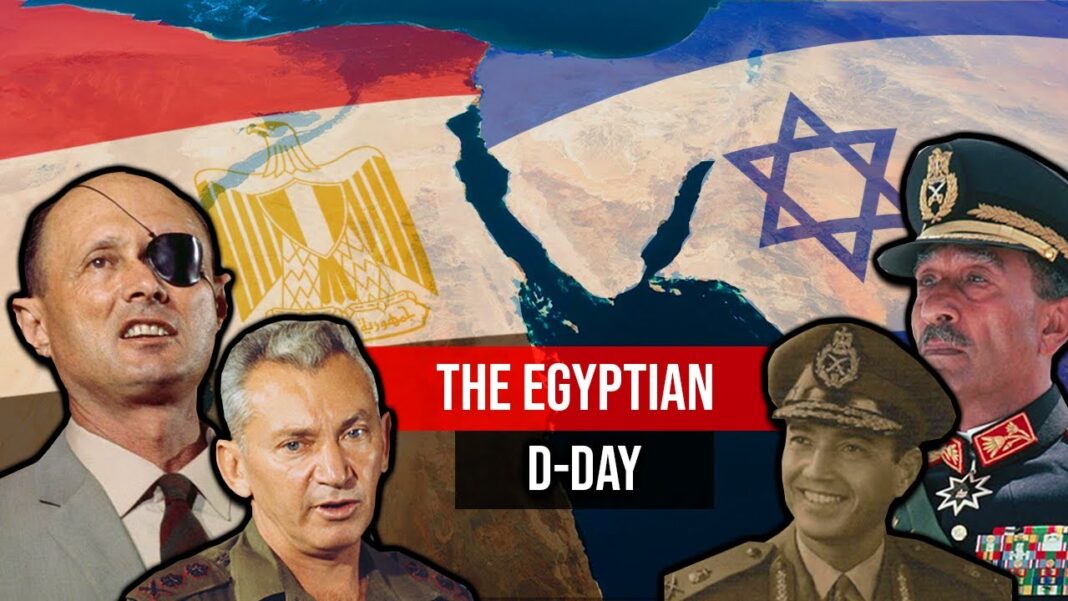|
Getting your Trinity Audio player ready...
|
Hezbollah’s Shadow Strategy: Unpacking ‘Operation Badr al-Kubra 2’ and Its Strategic Implications
By: Fern Sidman
The ominous prediction made by the cleric al-Husseini regarding the elimination of Hezbollah’s Secretary-General Hassan Nasrallah and Hamas’ leader Yahya Sinwar has intensified speculation about Hezbollah’s next military maneuvers. Central to these claims is an alleged operation titled ‘Badr al-Kubra 2’—a large-scale military offensive designed to reshape the balance of power in the region and reassert Hezbollah’s influence in the face of recent setbacks. According to sources, the operation will be led by Haj Khalil Harb, a senior Hezbollah commander with extensive experience in coordinating high-stakes military campaigns.
At its core, ‘Badr al-Kubra 2’ appears to be a multifaceted military strategy. According to al-Husseini’s account, the operation will involve a “large-scale military action against the Israel Defense Forces (IDF) and an attempt to kidnap soldiers for negotiation purposes.” Such tactics are not unprecedented in Hezbollah’s playbook; previous kidnappings of Israeli soldiers in 2006 sparked the Second Lebanon War.
The reported goals of this operation are twofold. Hezbollah has faced significant blows to its infrastructure, leadership, and operational capacity in recent years. The unilateral ceasefire declared by Israel was, according to al-Husseini, exploited by Hezbollah to regroup, rearm, and re-strategize.
Kidnapping soldiers remains one of the most effective tools for Hezbollah to extract political and military concessions. Previous prisoner exchanges with Israel have demonstrated the psychological and political weight of such bargaining chips.
The operation’s reported commander, Haj Khalil Harb, is a seasoned Hezbollah operative known for his strategic acumen. Harb previously oversaw Hezbollah’s operations in southern Lebanon and maintained close ties with Iranian military advisors. His involvement signals the gravity and sophistication expected of ‘Badr al-Kubra 2’.
Hezbollah’s timing for such an operation is not coincidental. The organization has been navigating a complex web of domestic and international pressures. The unilateral ceasefire provided Hezbollah with a rare window to regroup without immediate Israeli military pressure. Reports suggest that Hezbollah used this time to replenish its missile stockpiles and strengthen its defensive fortifications in southern Lebanon as well as enhancing its surveillance and intelligence capabilities along the Israeli border.
Nasrallah’s leadership, though still revered among Hezbollah’s ranks, has faced growing criticism. The failures of smaller military initiatives and increased Israeli intelligence successes have chipped away at Hezbollah’s aura of invincibility. A high-profile operation could re-establish Nasrallah’s standing both domestically and across the Arab world.
The ongoing proxy conflict between Iran and Israel has intensified in recent years, with Hezbollah serving as Tehran’s most significant non-state ally. A major Hezbollah operation would align with Iran’s broader strategy of maintaining pressure on Israel through asymmetric warfare.
Haj Khalil Harb’s appointment as the operation’s commander is a significant development. Known as one of Hezbollah’s most capable military tacticians, Harb is no stranger to high-stakes conflicts. He has played a critical role in managing Hezbollah’s cross-border operations and liaising with Iranian Revolutionary Guard Corps (IRGC) commanders.
Harb advocates for well-coordinated, high-impact military operations that achieve symbolic and strategic victories. He has historically emphasized the importance of capturing enemy combatants as a leverage tool. Harb’s battlefield strategies often involve rapidly shifting tactics in response to IDF countermeasures. His leadership signals Hezbollah’s intent to execute ‘Badr al-Kubra 2’ with precision and resilience.
The IDF, well aware of Hezbollah’s operational patterns, has been intensifying its border surveillance, conducting preemptive strikes on Hezbollah infrastructure, and simulating potential kidnapping scenarios.
The IDF’s response framework includes reinforced outposts and surveillance systems along the northern border. Moreover, it also includes deployment of elite IDF units, including the Egoz and Maglan special forces as well as disrupting Hezbollah’s communication and logistics networks.
Potential Scenarios:
Scenario 1: Hezbollah executes a multi-pronged attack on border outposts, seeking to overwhelm IDF defenses.
Scenario 2: A highly targeted kidnapping attempt on IDF personnel during routine patrols.
Scenario 3: Hezbollah combines military activity with a media blitz to maximize psychological impact on Israeli society.
A successful Hezbollah operation could trigger broader regional tensions, potentially pulling in other Iranian proxies and risking an all-out confrontation between Israel and Hezbollah.
The international community, including the United States and European Union, would likely intervene diplomatically to prevent further escalation. However, Hezbollah’s actions could fracture delicate alliances in Lebanon’s already fragile political system.
Both Israeli and Lebanese civilians would face severe consequences in the event of open conflict, including displacement, infrastructure damage, and significant casualties.
While details about ‘Operation Badr al-Kubra 2’ remain speculative, the involvement of figures such as Haj Khalil Harb and the timing suggest a carefully orchestrated plan. Hezbollah appears to be preparing for a large-scale military confrontation aimed at reshaping its standing in the region and extracting political concessions through high-profile tactics.
The coming months will be critical in determining whether Hezbollah proceeds with its plans or if diplomatic and military deterrence will succeed in preventing another devastating conflict. Either way, the region stands at a perilous crossroads.





